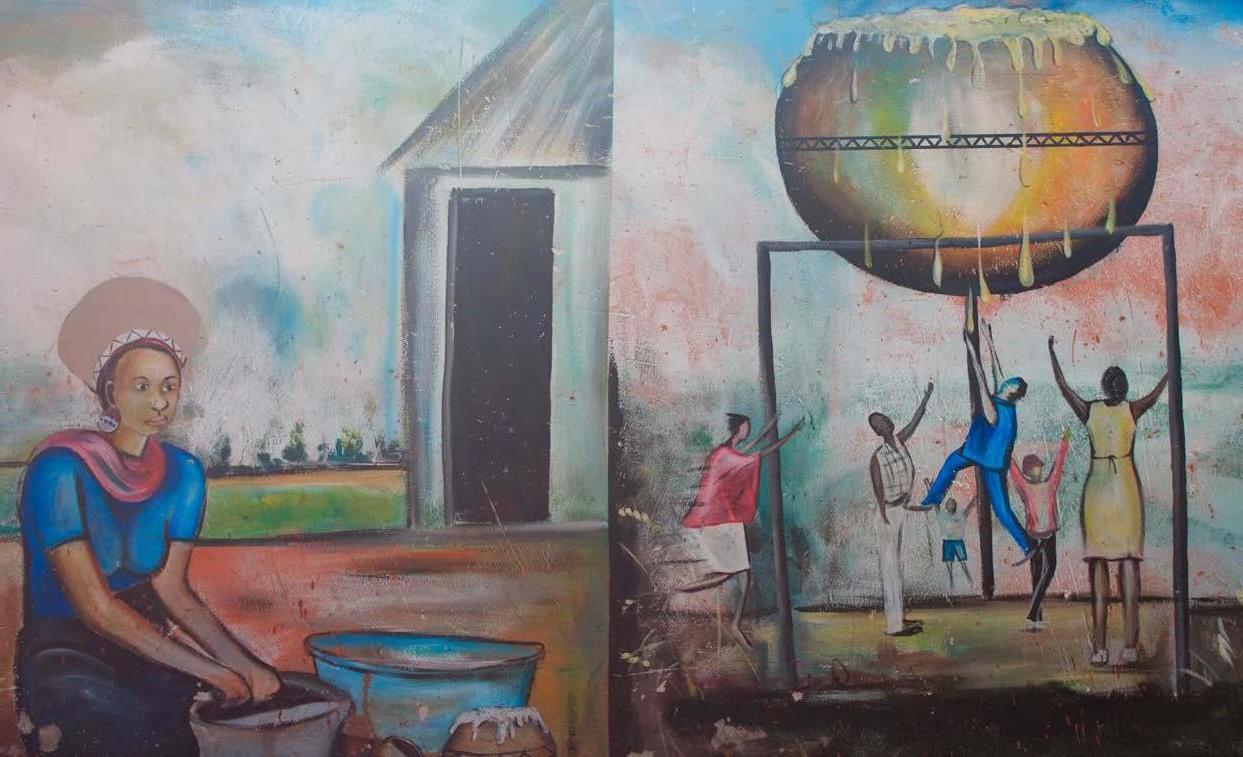
2 minute read
Defending the Shebeen legacy
from Spotong Issue 26
by 3S Media
The way Ekurhuleni enforces liquor bylaws is suspect
Stratfor is an American geopolitical intelligence platform and publisher. In 2008, it published its sixth in-depth look at organised crime in South Africa. The summary is quoted here:
Advertisement
"STRATFOR's sixth in-depth look at organized crime focuses on South Africa. The abysmal social conditions created by apartheid made organized crime appealing to some segments of the local population, while organized criminals from other countries are attracted to South Africa's comparative stability and reliable infrastructure."
A quote from the report reads:
“As the situation in the townships got worse, people started to organise to protest the Apartheid policies. The banning of political parties made all forms of anti-government political organisations illegal, so any meeting and coordination had to be done in secrecy. Secret labour unions began to form; groups that wanted to talk about the political situation would meet up at shebeens - the townships’ version of speakeasies. Thousands of shebeens existed throughout the townships in South Africa and, although they existed illegally, police did not always intervene, as they were more concerned with stamping out political opposition, not enforcing alcohol restrictions.” Magistrate's courts used to refer to shebeens as “smokkelhuise” or smuggling houses or just plain smuggler’s dens. The historical role of shebeens gives one the idea why SAPS and of late Metro police are hellbent on closing down shebeens in this day and age. Town planning departments are making sure that consent use and or rezoning are a pipe dream. In my recent engagement with the elusive Ekurhuleni town planning department I came to the conclusion that even though the Metros were not informed about the existence of a shebeen permit, there was no will to conduct research about its origins. This document has a logo of a government entity, so why would another not seek clarity, especially because there is direct conflict? During our deliberations it came out that the Gauteng Liquor Board (GLB) had communicated with the Metros to halt issuing contravention notices. This move came very late because some shebeens were closed down and the matters ended up at the High Court. The Metros were enforcing their by-laws but their focus was more on shebeen permit holders which raised eyebrows. Why not all other business entities? Some of the laws and by-laws are sugarcoated versions of the dreaded laws. An unjust law cannot be applied justly. The closure of shebeens reminds me of the dark days of Apartheid and its draconian laws. We outlived Apartheid and I think we can still defeat the system. At the meeting with Ekurhuleni town planning in Kempton Park, it was agreed: “A further point made during deliberations was that there is an urgent need for EMM (Ekurhuleni Metro Municipality) to do more in enlisting external input when any policy or bylaw on liquor is drafted.” This is the conclusion arrived at during this meeting. The name “shebeen” has a historical significance in our past and should be preserved as a proud reminder of our heritage. Quo vadis? Forward ever, backward never!
Martin Hlongwa, South African Liquor Traders Association Provincial Executive Committee member











